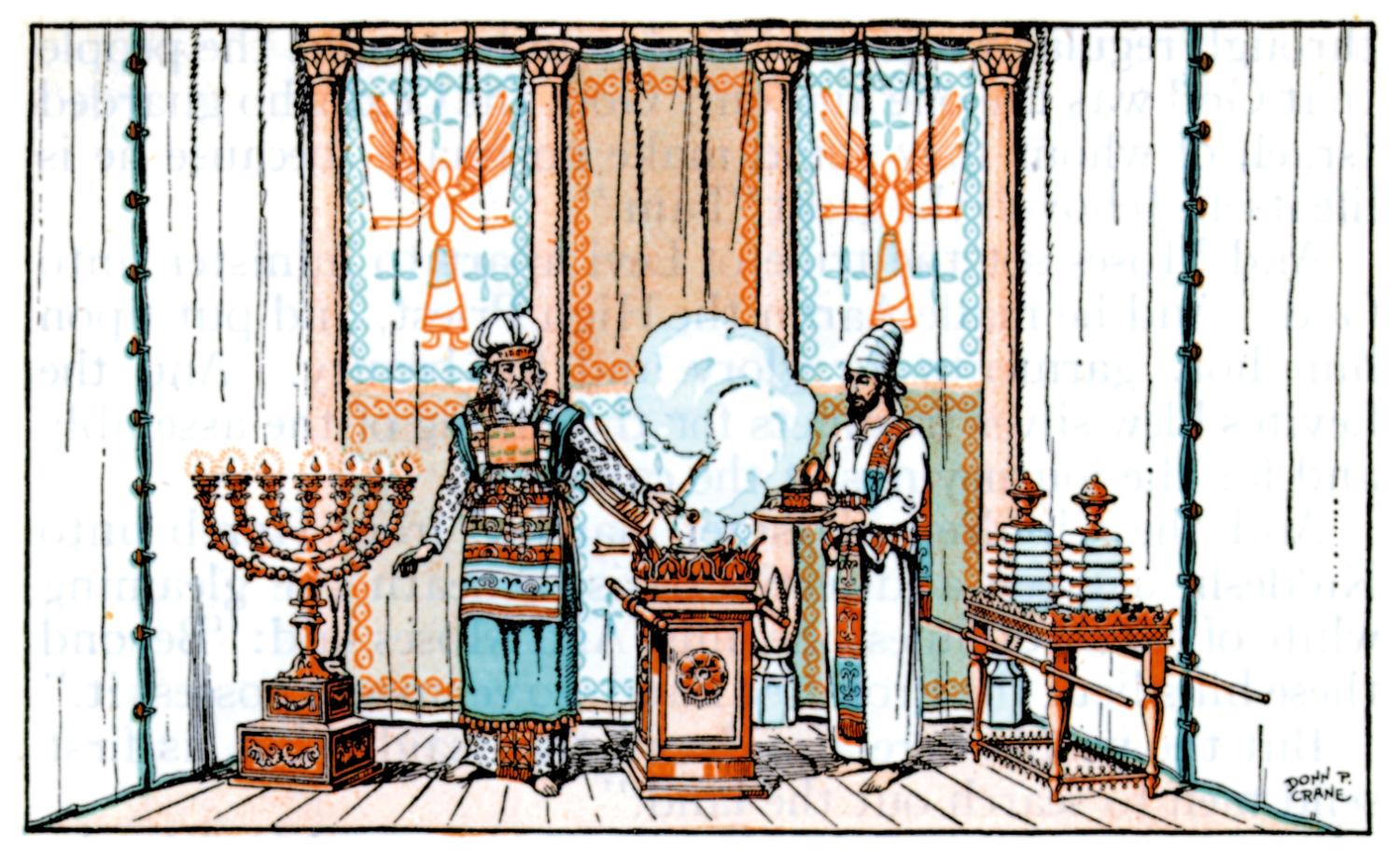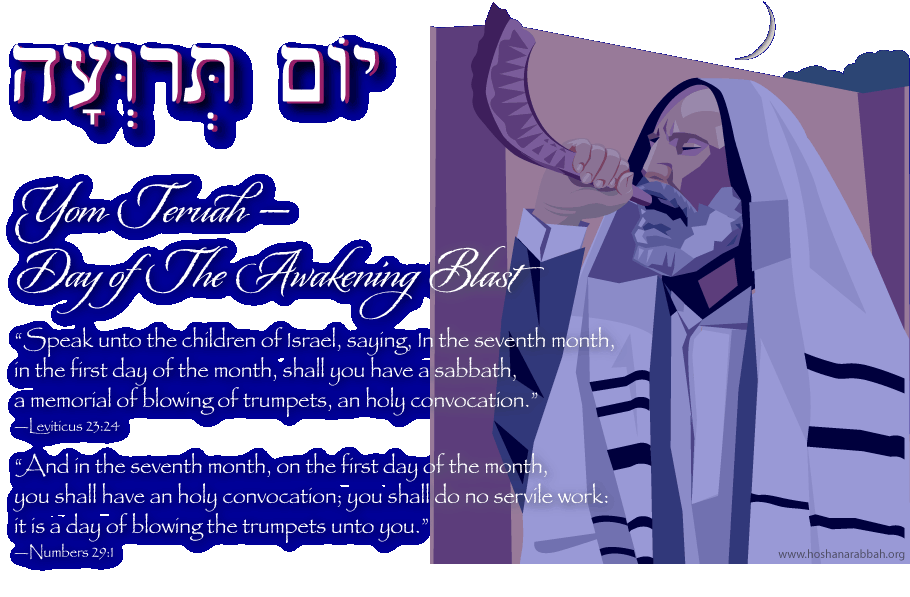Introduction
Yom Kippur is a day of contradictions and contrasts: Joy and sorrow. Rewards for the righteous and judgments for the wicked rebels. Joy for the righteous when Satan and his demons, death and Babylon are destroyed by the King of kings.
On this day the high priest of ancient Israel went into the holy of holies of the Tabernacle of Moses (and later the temple in Jerusalem). There he sprinkled blood on the mercy seat (Heb. kapporet) and the ground seven times. Atonement was made for the high priest himself, his family as well as for all Israel. On this day the sanctuary, tabernacle, the priesthood and the all Israelites were cleansed. It represented corporate or community cleansing and entering into a deeper and more intimate relationship with YHVH.
The Passover and Day of Atonement are related though different:
Pesach (Passover) is the time of the sacrifice or atonement for personal sin—initial repentance from sins committed before being born again.
Yom Kippur (Day of Atonement) is the time of the atonement or covering of the individual’s as well as the corporate sins of Israel committed in ignorance (Heb 9:27) during the past year. On-going repentance is needed by the individual believer as well as the community of believers in order to stay in right-standing (called righteousness) before YHVH (1 John 1:9).
It is important to note that the shedding of innocent blood for the remission of sins is a central theme to both the Passover and the Day of Atonement (Yom Kippur) events. The question may rightly be asked, if one is saved by the blood of the Lamb (Yeshua) when he was sacrificed on Passover what need is there of further Continue reading




